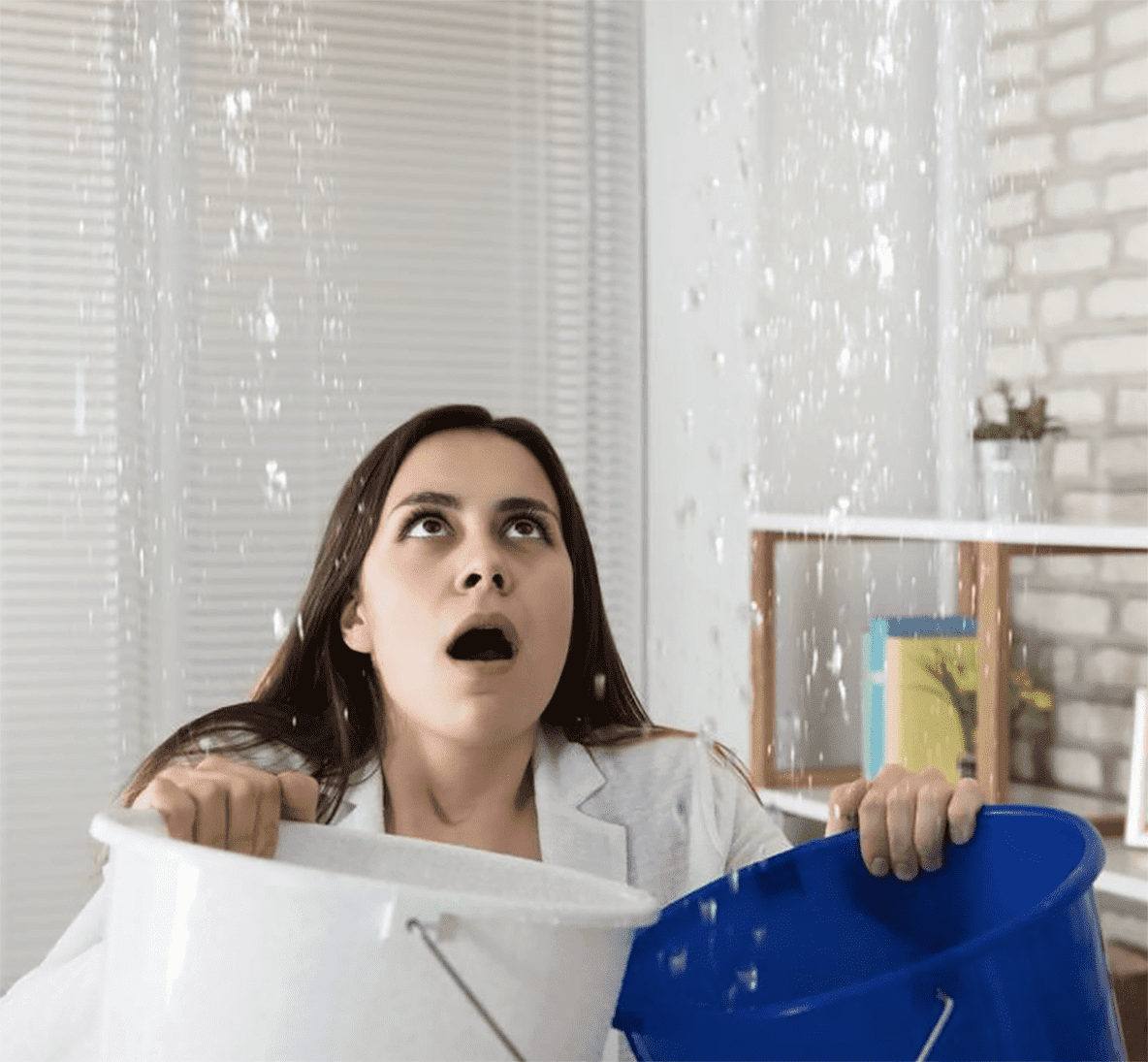Leaking Pipe: Possible Causes and Solutions

So, you’ve discovered a leaking pipe in your home, and probably at what feels like the worst possible time too, as emergencies never have convenient timing. What to do next? Even if your first move is to call a plumber, chances are you’d like to know what you’re in for. Here are the top causes of a leaking pipe, and what you or your plumber will likely need to do about them.
A Clog in the Lines
When faced with a leak, most people assume the site of the leak is the problem, but often the root of the problem lies deeper — quite literally. Tree roots, grease, inorganic materials, or a combination of things can create a major problem in your sewage pipe. Unfortunately, the water in your pipes has to go somewhere, and as a rule it will take the path of least resistance. 
The water forcing itself out through a weak link may have damaged a joint or a seal, requiring the leak to be repaired, but the clog still needs to be addressed. Your plumber will need to inspect your sewage lines for clogs, and clear the line if he finds one.
Deteriorating Seals
If you’re finding signs of a leaking pipe near an appliance, the culprit may be the seal between the pipes and the appliance. Seals deteriorate over time, hardening and forming cracks or gaps that let water through. If an issue with a seal is suspected, a technician will inspect the seals and replace them as needed.
Loose Connections
Whether it’s from shifting pipes, movement such as a shaking washing machine, or mistakes made by an inexperienced DIYer, a leaking pipe can be caused by nothing more than a loose connection. The solution could be as simple as tightening everything back up again, but that is sometimes easier said than done, especially if you already thought you got it tight enough the first time. The connection could also be loose because something needs to be replaced.
Corrosion
Anything metal will corrode over time, but pipes are especially susceptible to corrosion if they were built more than about 30 years ago, before modern piping materials were available. Pipes today are less vulnerable to corrosion, but even they will need to be replaced eventually. If your leaking pipe is accompanied with discoloration or warping, corrosion may be the culprit. The corroded pipe will need to be replaced, and the rest of the system may need to be assessed, as well.
Shifting Pipes
Houses naturally shift as they settle over the years. While this is normal and expected, uneven settling can put pressure on the plumbing, especially the joints and connections. To resolve your leaking pipe, your plumber will inspect your system, tightening connections, replacing joints, and even updating the plumbing as necessary.
Excessively High Pressure
While high water pressure may seem like a good thing, especially when you’re running a lot of water at once, but it can actually be quite damaging to your plumbing system. Extremely high-water pressure can force its way past connections and even crack pipes and cause damage to appliances. If you suspect your water pressure may be too high, have a professional test the pressure to confirm. You may need to have a water pressure regulator installed or a malfunctioning one replaced.
Act Fast to Resolve a Leaking Pipe
There are many potential causes for a leaking pipe, and usually the solution to the plumbing predicament isn’t difficult or expensive. It’s the secondary damage that can get you in big trouble. Leaking pipes can cause tremendous water damage, especially if the leak isn’t caught right away, such as when it starts inside a wall. Call Maeser right away if you see signs of a leak. In addition to obvious signs such as dripping or pooling water, watch out for stains on the walls or ceilings, softened drywall or flooring, or a musty or mildew odor.

